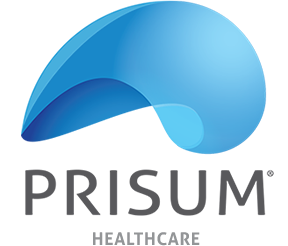

HumanoPedia
Phytosomes
Phytosomes are created by attaching the active ingredients from plant extracts, called phytoconstituents, to phosphatidylcholine at the hydrophilic end. This process results in a formula with higher solubility and, therefore, better absorption.
Because they increase the absorption of conventional plant extracts, the phytosomes are used in the administration of compounds with low solubility and low bioavailability.
The phospholipid complex is applied to many plant extracts or active molecules, such as Ginkgo biloba extract, silybin isolated from milk thistle (Silybum marianum), curcumin isolated from turmeric and green tea extract (Camellia sinensis).
As with liposomes, phytosomes encapsulate and transport active substances.
PHOSPHOcomplex™ is a formula that combines silybin with phosphatidylcholine, in the form of sibylin phytosome. One ProHumano+ HepatoDefense Capsule contains 360 mg of PHOSPHOcomplex™.


ProHumano+ Products for healthy liver
Did you know?
Non-alcoholic Fatty Liver Disease is the most common chronic liver disease in children living in developed countries.
affects
Information source:
Pediatric Nonalcoholic Fatty Liver Disease: Prevalence, Diagnosis, Risk Factors, and Management Stavra A. Xanthakos, Rohit Kohli- Clinical Liver Disease, Vol. 1, No. 4, August 2012, AASLD
Causes, symptoms and prevention methods for hepatic steatosis
The liver is the largest internal organ in the human body and the only visceral organ that has the ability to regenerate completely, to its previous size and capacity, without losing its functions during the growth process.
The liver is responsible for over 500 essential functions, the main ones being in the body’s metabolic processes.














